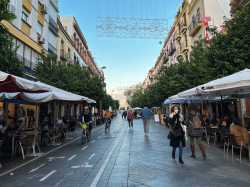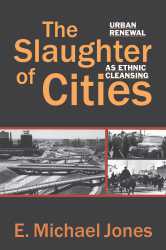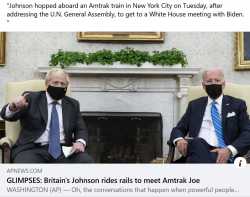https://www.facebook.com/NA-Rauszu-ZA-DARMO-Online-HD-1080p-102531441918297 ==
ZA DARMO OGLÄ„DAJ! LINK POWYÅ»EJ DO PEÅNEJ WERSJI FILMU! (2021)
==
"Na rauszu" opowiada historię grupy przyjaciół, nauczycieli szkoły średniej, zainspirowanych teorią, że skromna dawka alkoholu pozwala otworzyć się na świat i lepiej w nim funkcjonować. Nie przewidują jednak skutków, jakie pociągnie za sobą długotrwałe utrzymywanie stałego poziomu promili we krwi – przez cały dzień, również w pracy...
„Na rauszuâ€, w reżyserii Thomasa Vinterberga, otrzymaÅ‚ nominacjÄ™ do nagrody LUX AUDIENCE AWARD. OgÅ‚oszenie nominacji miaÅ‚o miejsce podczas rozdania Europejskich Nagród Filmowych w Berlinie. NagrodÄ™ przyznaje Parlament Europejski i Europejska Akademia Filmowa we współpracy z KomisjÄ… EuropejskÄ… i sieciÄ… kin Europa Cinemas.
5 września br., podczas Międzynarodowego Festiwalu Filmowego w Wenecji została ogłoszona nowa nagroda LUX AUDIENCE AWARD, która łączy w sobie cechy Nagrody LUX Film Prize Parlamentu Europejskiego i nagrody EFA People's Choice Award. Od tej pory na zwycięzcę nowej nagrody będą mogli głosować zarówno eurodeputowani Parlamentu Europejskiego, jak i publiczność.
KW:
NA RAUSZU video song
Watch Druk (2020) full Movie subtitle
NA RAUSZU za free ONLINE 2021
Watch Druk (2020) full Movie subtitle
NA RAUSZU zwiastun
Druk (2020) full Full Movie,










